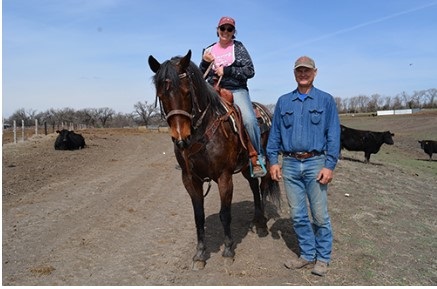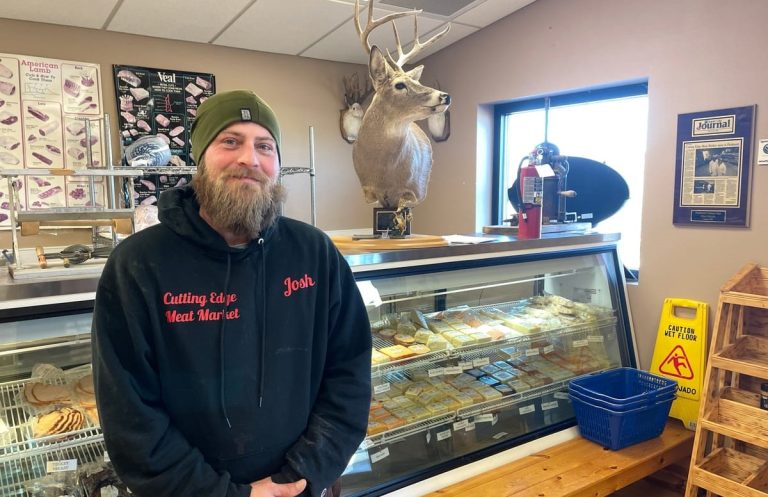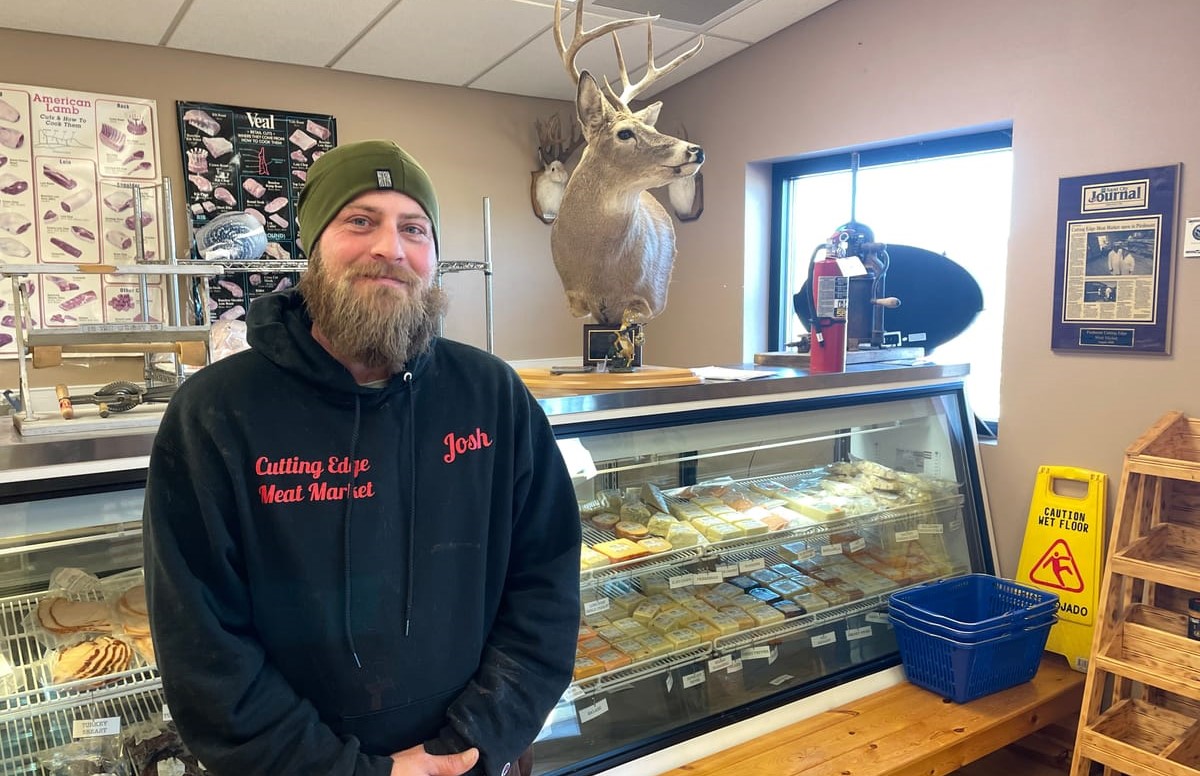WASHINGTON, DC – How should cattle and sheep grazing on public lands be best maintained during a foreign animal disease outbreak?
The U.S. Department of Agriculture’s Animal and Plant Health Inspection Service is providing more than $200,000 in Farm Bill funding to support the American Sheep Industry Association and the National Cattlemen’s Beef Association in developing movement decision criteria for sheep and cattle grazing public land allotments should such an outbreak occur.

There are several agencies involved in issuing public land grazing permits in 14 states for 22,000 ranchers. These are not the same agencies responsible for FAD response. This funding will allow collaboration among the agencies, states and industry partners, like the Public Lands Council. Guidance documents created through group discussion will be exercised. The project is expected to take two years to complete.
This effort will better prepare sheep and cattle producers – whose livestock graze public lands – to voluntarily prepare before an FAD outbreak. It will provide information and actions needed during an FAD outbreak to protect their flocks and herds and meet movement criteria. It will provide state and federal decision makers with a better understanding of the management practices, capabilities and limitations of grazing sheep and cattle on public lands.
“The preparedness and response activities we are funding today will enhance our ability to address the animal disease issues of tomorrow. They arm us with the best science available to retain international markets and feed both our own families and the world,” said Jenny Lester Moffitt, under secretary for marketing and regulatory programs.
The information developed from the grant will improve the guidance in the Secure Sheep and Wool Supply and Secure Beef Supply plans for sheep and cattle producers with livestock grazing on public lands. ASI and USDA provided funding to develop both plans and associated resources for producers.
ASI and NCBA look forward to collaborating on this project with the stakeholders and Dr. Danelle Bickett-Weddle, a consultant with Preventalytics. ASI and NCBA each provide unique resources for sheep and cattle producers to prepare for, respond to and enhance their resiliency for an FAD event.
The Secure Sheep and Wool Supply Plan and Secure Beef Supply Plan for continuity of business provide opportunities to voluntarily prepare before a foot-and-mouth disease outbreak. The United States is free of the FMD virus. If FMD were found in U.S., livestock, regulatory officials will limit the movement of animals and animal products to try and control the spread of this very contagious animal disease. During this time, control areas will be established around infected premises and movement restrictions will be implemented. When the control areas encompass part or all of a public land allotment, in one or more states, there are unique challenges for sheep and cattle producers to mitigate disease exposure risks. FMD is not a threat to public health.












